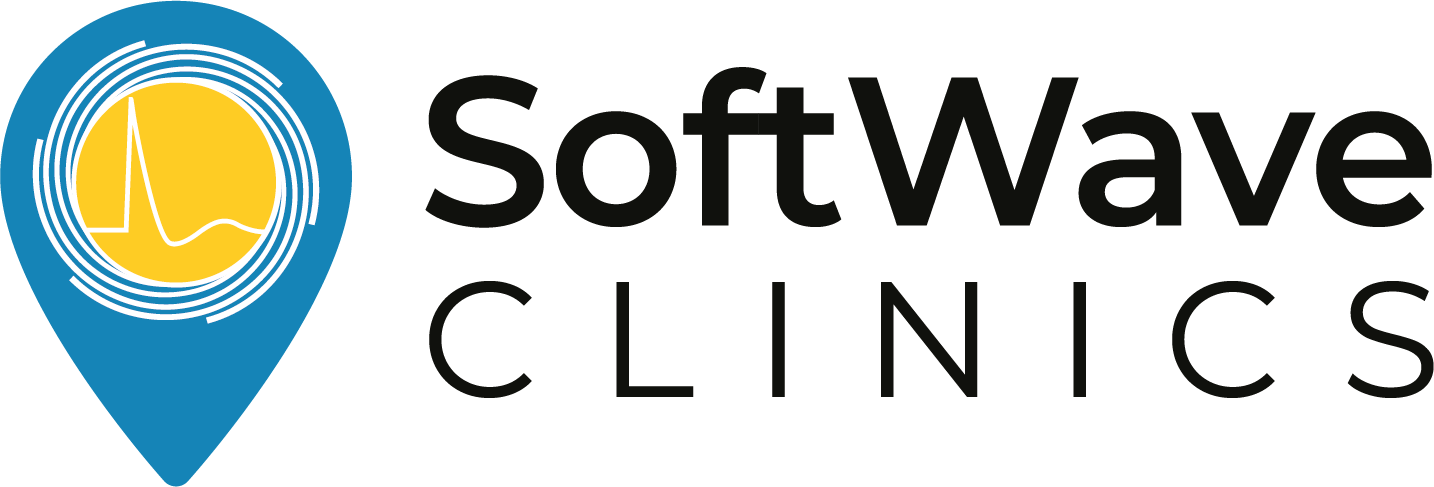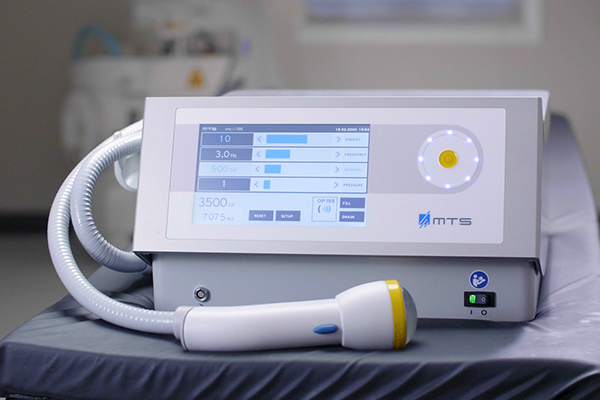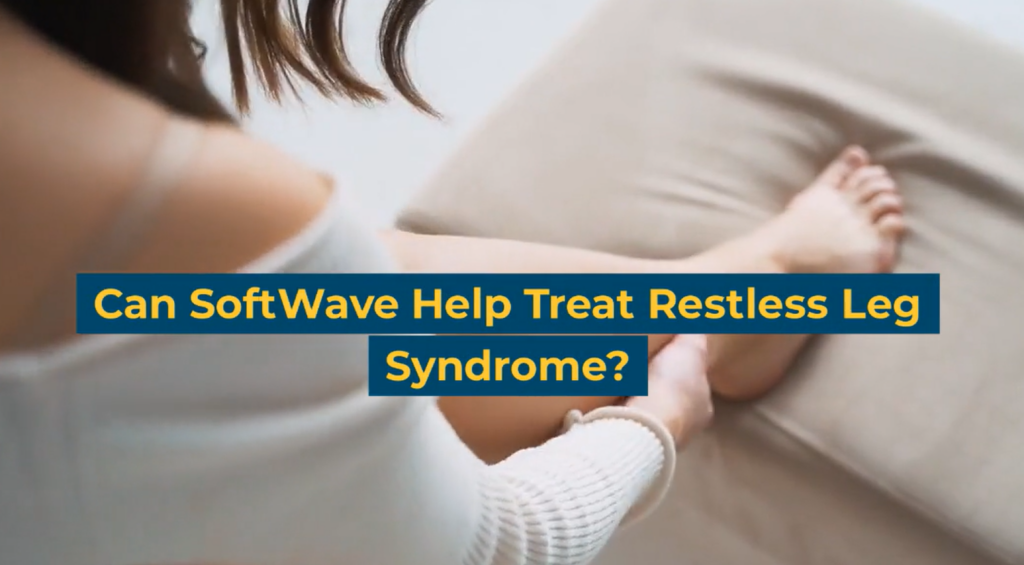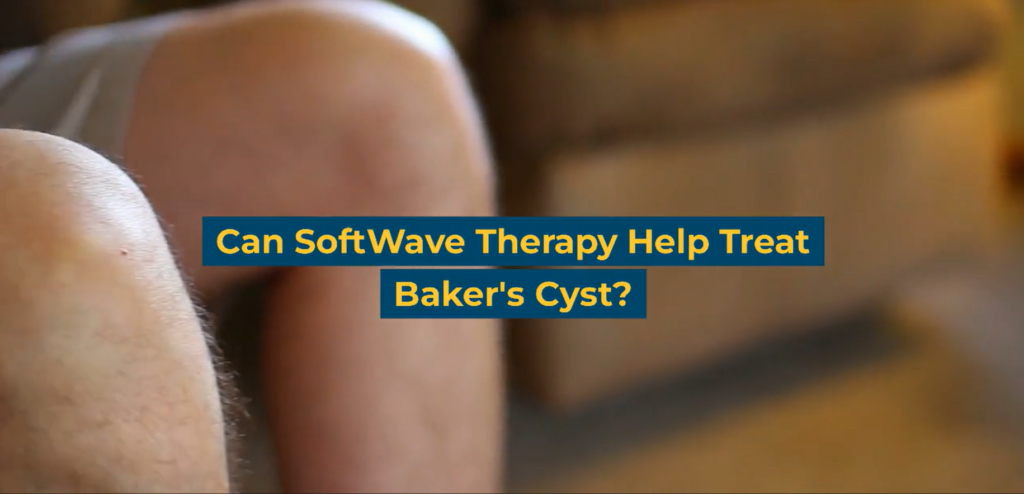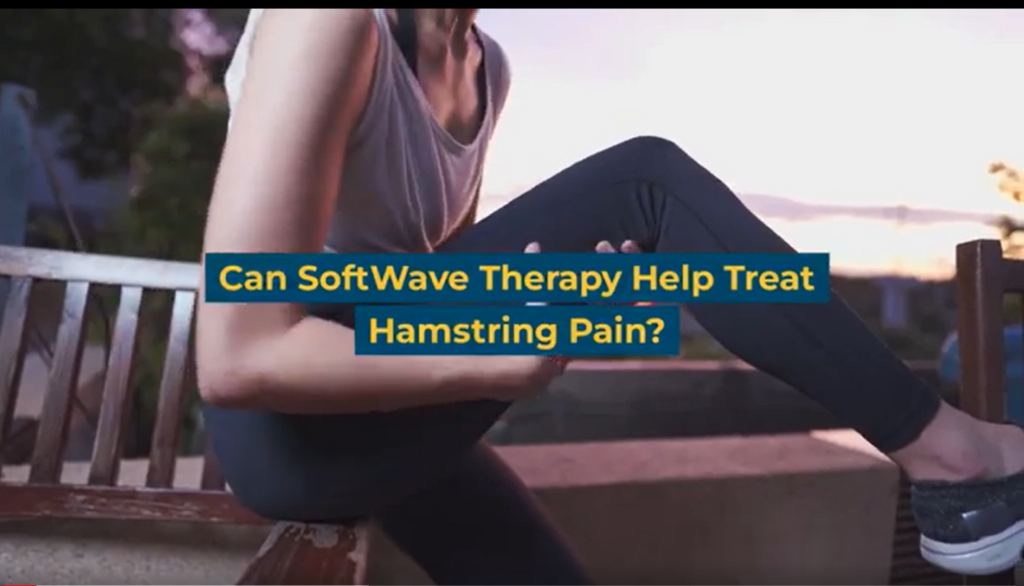Understanding Muscle Tears
Muscle tears occur when the muscle fibers are stretched or torn beyond their capacity. There are two types of muscle tears – partial and complete tears. Partial tears occur when only some of the muscle fibers are damaged, while complete tears occur when the entire muscle is ruptured. Muscle tears can also be acute, which occur suddenly due to trauma, or chronic, which occur due to overuse or repetitive stress.
Symptoms of muscle tears can range from mild to severe and can include pain, swelling, bruising, and weakness. Diagnosis of muscle tears typically involves a physical exam and imaging tests like an MRI or ultrasound.
Treatment Options for Muscle Tears
Treatment options for muscle tears typically involve a combination of rest, ice, compression, elevation (RICE) therapy, non-steroidal anti-inflammatory drugs (NSAIDs), physical therapy, and rehabilitation exercises. In severe cases, surgery may be required.
While these traditional treatment options can be effective in treating muscle tears, they can also be time-consuming and painful. Additionally, some individuals may not respond well to these treatments or may experience side effects.
Introducing SoftWave Therapy for Tears
SoftWave Therapy is a non-invasive, non-surgical treatment option that uses acoustic pressure waves to promote healing in soft tissues like muscles. The acoustic pressure waves are generated by a handheld device and are applied directly to the affected area.
Benefits of SoftWave Therapy
One of the most significant benefits of SoftWave Therapy is its ability to promote healing in soft tissues without the need for surgery or medication. The therapy also has a shorter recovery time than traditional treatment options, with most patients experiencing relief within a few weeks of treatment.
SoftWave Therapy is also effective in reducing pain and inflammation associated with muscle tears. The acoustic pressure waves promote the body’s natural healing process, resulting in increased blood flow and the formation of new blood vessels and tissue.
The treatment is also non-invasive and painless, with patients experiencing a mild tingling or vibration sensation during treatment. The therapy is typically performed in an outpatient setting, and patients can return to their normal activities immediately following treatment.
SoftWave Therapy for Muscle Tears
SoftWave Therapy for muscle tears involves applying the acoustic pressure waves directly to the affected area. The treatment typically lasts between 10-15 minutes and is performed once or twice a week for several weeks, depending on the severity of the injury.
Results and Success Rates Studies have shown that SoftWave Therapy can be highly effective in treating muscle tears. In a study published in the Journal of Orthopaedic Surgery and Research, researchers found that SoftWave Therapy was effective in reducing pain and improving function in patients with chronic hamstring tears.
Another study published in the Journal of Sports Medicine and Physical Fitness found that SoftWave Therapy was effective in reducing pain and improving muscle strength in patients with chronic Achilles tendonitis.
Side Effects and Risks
SoftWave Therapy is considered safe and does not have any known serious side effects. Patients may experience mild discomfort or tingling during treatment, but this typically resolves within a few hours of the session.
Preparing for SoftWave Therapy
Before undergoing SoftWave Therapy, patients should ensure they are a good candidate for the treatment. Patients should also avoid taking blood-thinning medications like aspirin or ibuprofen before treatment, as these medications can increase the risk of bleeding.
During the SoftWave Therapy session, patients should wear comfortable clothing and be prepared to lie down or sit still. Request an appointment here and experience the benefits of SoftWave for yourself!
Disclaimer: The information provided in this blog is for educational and informational purposes only and is not intended as a substitute for professional medical advice, diagnosis, or treatment. The content provided in this blog should not be used to diagnose or treat any health problems or illnesses. Always consult with a qualified healthcare professional before making any changes to your healthcare routine or treatment plan.
